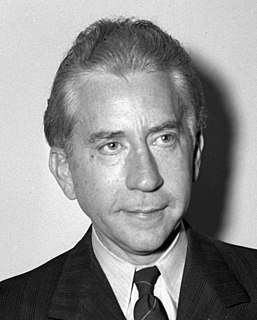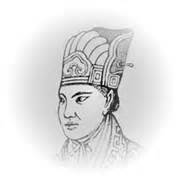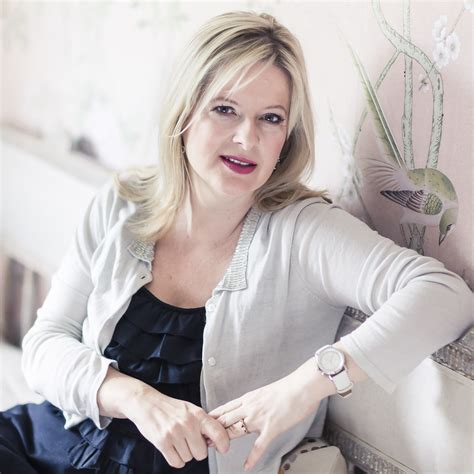A Quote by Edmund Phelps
I'm old enough to remember in the 1930s and the 1940s when thrift, frugality, was considered an important virtue.
Quote Topics
Related Quotes
There is a wise old saying 'Eat it up, wear it out, make it do, or do without'. Thrift is a practice of not wasting anything. Some people are able to get by because of the absence of expense. They have their shoes resoled, they patch, they mend, they sew, and they save money. They avoid installment buying, and make purchases only after saving enough to pay cash, thus avoiding interest charges. Frugality means to practice careful economy.
Diligence means to be keen in matters of virtue and justice, but worldly people use diligence to solve their economic difficulties. Frugality means to have little desire for material goods, but worldly people use frugality as a cover for stinginess. Thus do watchwords of enlightened life turn into tools for the private business of small people. What a pity!
I would not say that Harvard possesses any sort of absolute dominance. And I personally do not take the rankings of schools all that seriously. However, I think that Harvard's global visibility increased significantly in the 1930s and 1940s and that the new commitment to excellence at Harvard spread to other institutions.




































